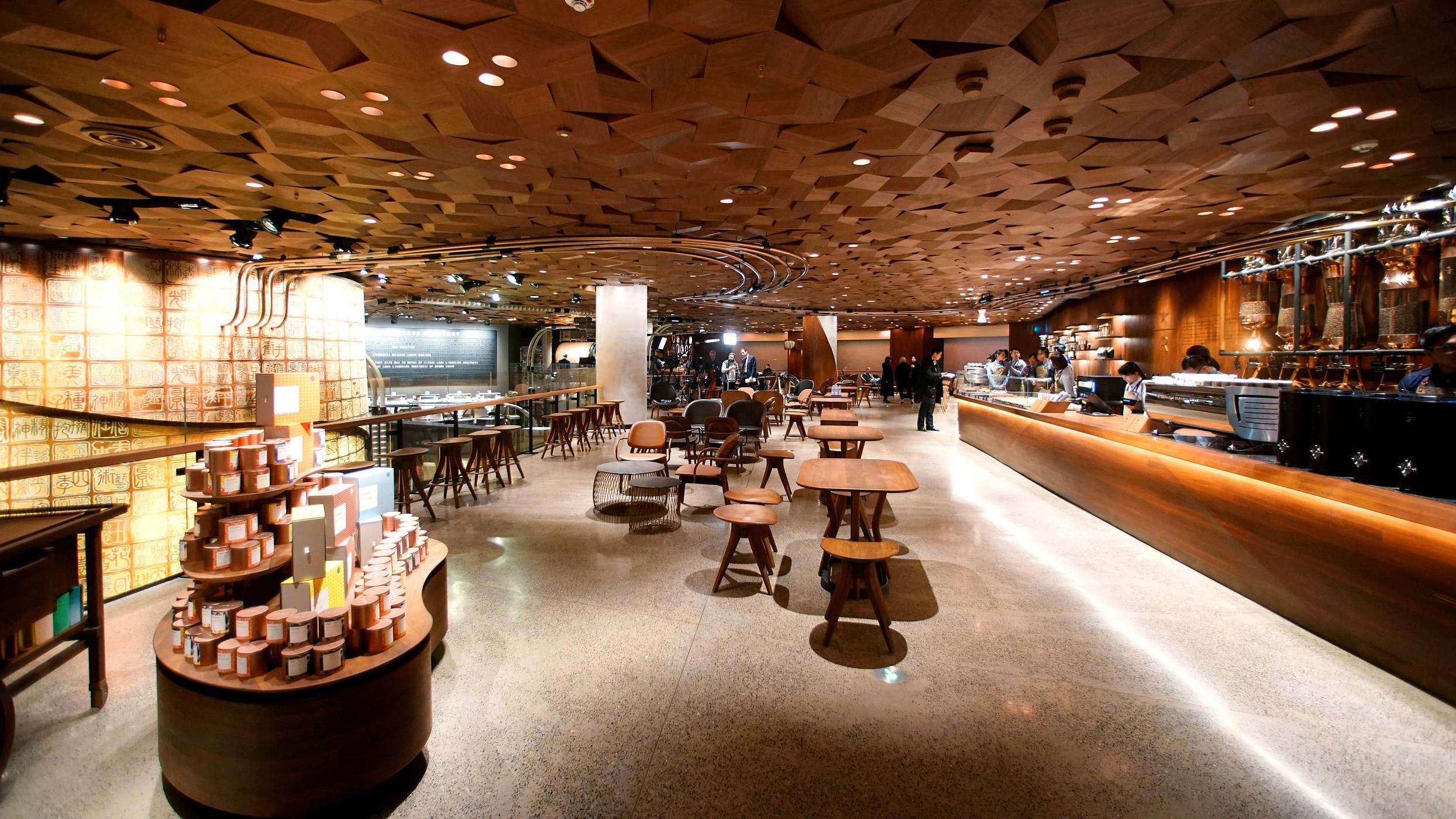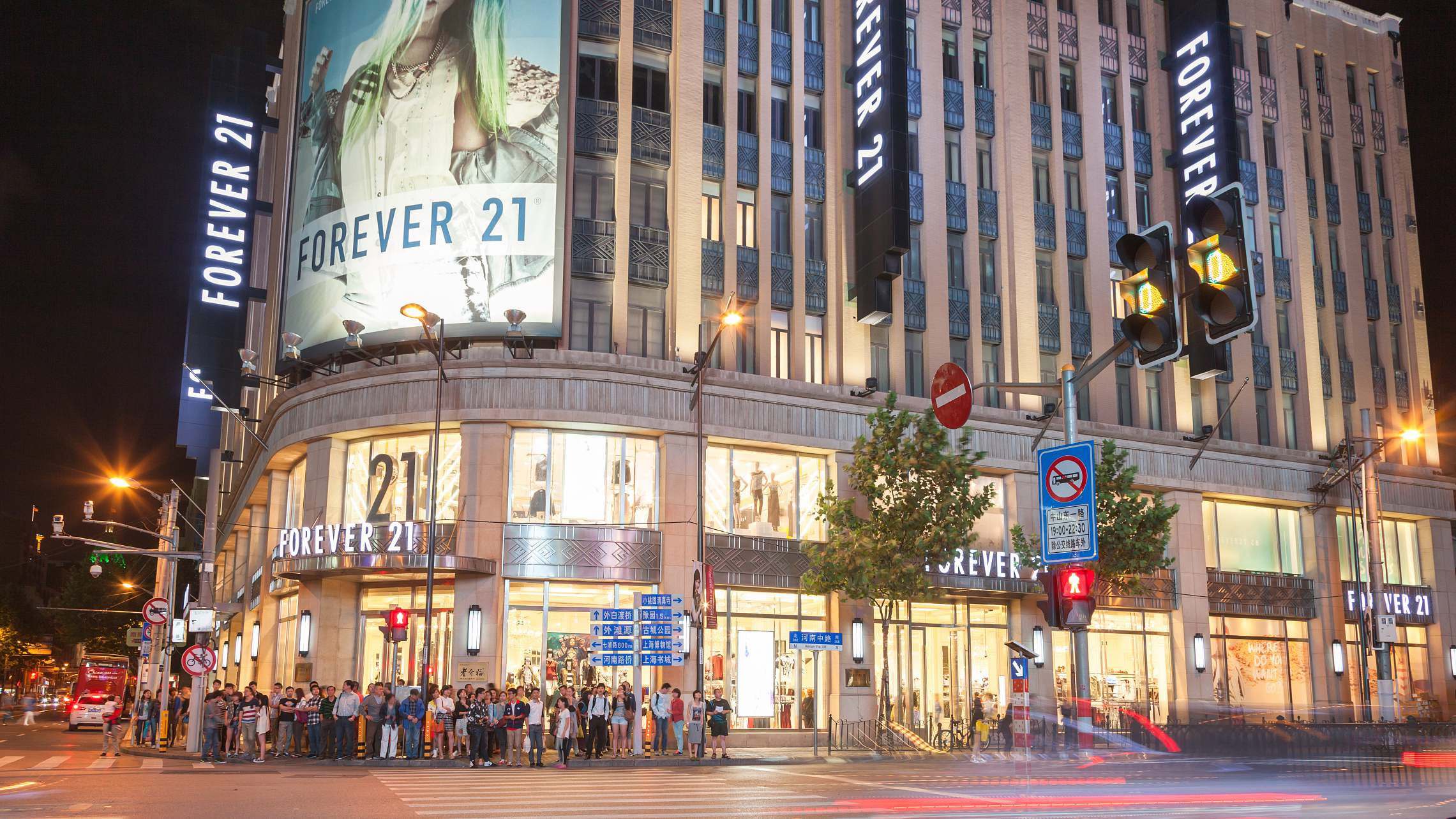
Business
18:07, 19-Feb-2018
Spending Smart: World retailers increasingly focus on Chinese consumers
By CGTN’s Mi Jiayi

Fueled by its growing economy, China's “new retail” trends are finding solid support.
It is said that no matter what turns out to be the next creation of new retail business, there is a good chance it will launch in China.
The Starbucks Shanghai Roastery is the American coffee chain's latest move to attract prized Chinese customers.
The Roastery opened in the middle of downtown Shanghai in December, and this is the first Starbucks store that roasts its coffee beans in China.
The beans prepared in the store will be shipped to the other outlets around the country, instead of having to come all the way from the US as in the past.
The company says the shop has the highest transaction volume of all its outlets worldwide, double that of the first Roastery in Seattle.

Starbucks Roastery in Shanghai. / VCG Photo
Starbucks Roastery in Shanghai. / VCG Photo
In order to catch up with fast-evolving tastes of Chinese customers, the company uses Augmented Reality (AR) technology to learn more about this outlet, the first of its kind in China.
Starbucks told CGTN that China is its largest, fastest growing and most strategic international market.
“China is critical to the global economy. Shanghai is one of the most visited cosmopolitan cities in China, and the world, and leads China's consumer trends. It is also our best-served city globally with more than 600 stores,” the company said.
The company is confident that it will reach its goal of opening more than 5,000 stores in China by 2021.
Starbucks is not the only multi-national retail brands expanding Chinese market. Japanese retailer MUJI opened its first world flagship store in Chengdu last year and a hotel in Shenzhen last month. Disney has its biggest store in China, while Japanese casual wear retailer Uniqlo's world flagship store is located in Shanghai.

Shanghai downtown /VCG Photo
Shanghai downtown /VCG Photo
Industry expert said that Chinese customers are providing an opportunity that many global retailers have not seen elsewhere in the past.
“China not only provides a big market for these brands, but also a market to experiment with,” said Professor Cui Lili from Asia-Pacific Model E-Port Network Operational Center.
Professor Cui said that Chinese retailers are coming up with new ideas by combining technology and customers' needs.
“Like Alibaba's Hema store and Tencent's Super Species, they lead the trend. This environment is very different from other markets around the world,” added Cui.
Read more:

SITEMAP
Copyright © 2018 CGTN. Beijing ICP prepared NO.16065310-3
Copyright © 2018 CGTN. Beijing ICP prepared NO.16065310-3